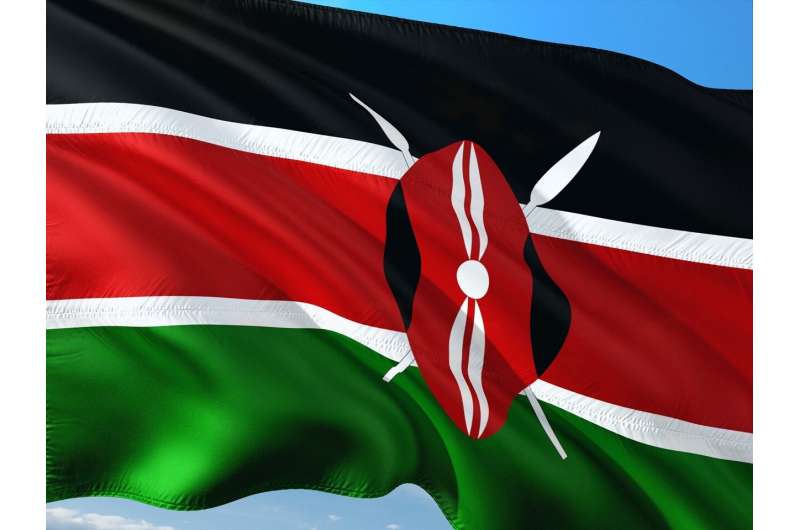
Citizen-generated data could help combat the misuse of medicines and prevent antimicrobial resistance (AMR), says a report by the Global Partnership for Sustainable Development Data (GPSDD).
According to the report, antimicrobial resistance could push up to 24 million people globally into extreme poverty and cause about ten million deaths a year by 2050.
AMR occurs when micro-organisms, including bacteria and viruses, become resistant to an antimicrobial agent which would previously have been effective against them. It renders medicines ineffective, making infections harder to treat and increasing the risk of disease transmission and severe illness.
The report says that countries rely on surveillance data to track antimicrobial resistance but most African countries are not generating such data, leading to missed opportunities to fight the problem.
“Citizen-generated data gives communities an opportunity to provide their views, experiences. It’s participatory and speaks to the real challenges facing citizens,” said Karen Bett, policy manager, data equity and inclusion at GPSDD, which created the report in partnership with Africa’s Voices Foundation.
According to the report, citizen-generated data (CGD) could increase the capacity of healthcare workers to engage patients and tackle misinformation on antibiotics.
As part of a project that was implemented from August 2020 to July 2021 in Kenya, researchers engaged citizens through 40 interactive radio shows, more than 20,000 text messages, 48 listening group discussions and 16 interviews to gather citizen-generated data that could provide solutions to combat antimicrobial resistance.
From the study, 78 percent of people surveyed in the counties of Bungoma, Kiambu and Kilifi in Kenya reported that they knew little or nothing about antimicrobial resistance.
Bett told SciDev.Net that such methods of data generation build the capacity of citizens as co-creators to produce and analyze data to develop solutions to challenges facing them.
“We desperately need data on AMR. Relying on surveillance data alone will never be enough to guide policymaking,” Bett explained.
Currently, only global statistics on AMR exist because of limited surveillance infrastructure and systems for reporting within countries in Africa, Bett added.
“Laboratory capacity must therefore be strengthened to provide us with sufficient surveillance data and ensure citizens get antibiotics only when they need them after a laboratory test,” Bett added.
During a meeting held virtually last month (30 September) to launch the report, Samuel Kariuki, acting director-general of Kenya Medical Research Institute, said that communities have valuable data that has been neglected for a long time in policymaking.
“AMR is a growing pandemic, and the results will be devastating if not mitigated especially, for middle to low-income countries,” said Kariuki. “The report shows that citizens can generate data that can guide appropriate health interventions.”
Simon Kibias, acting head of the directorate of health standards, quality assurance and regulation at the Ministry of Health (MOH), Kenya, said that COVID-19 has led to an increase in self-medication, and patients have become more susceptible to infections resulting from AMR.
“It’s easier to prevent than treat infections. Interventions should be guided by data collected nationally and enforced by rigorous stewardship programs,” he explained.
Rashid Aman, the Kenyan health ministry’s chief administrative secretary, explained that AMR is one of the most complex public health threats and requires well-coordinated actions across sectors, disciplines and institutions to fight it.
Benjamin Avusevwa, director of statistical coordination and methods at the Kenya National Bureau of Statistics, said that national databases have data gaps that CGD could fill.
Source: Read Full Article
